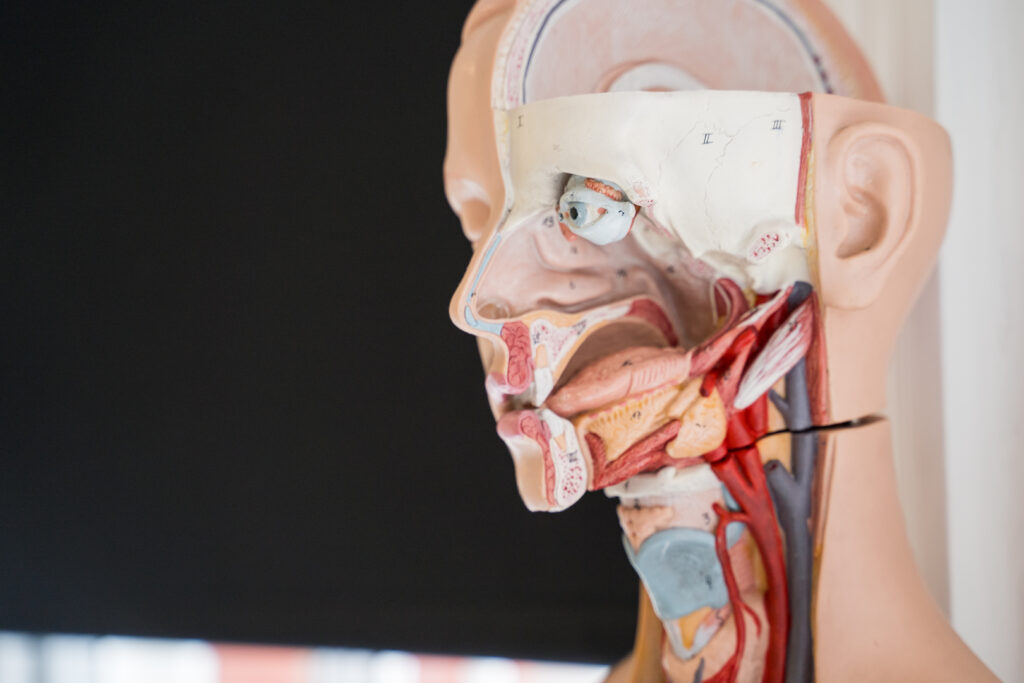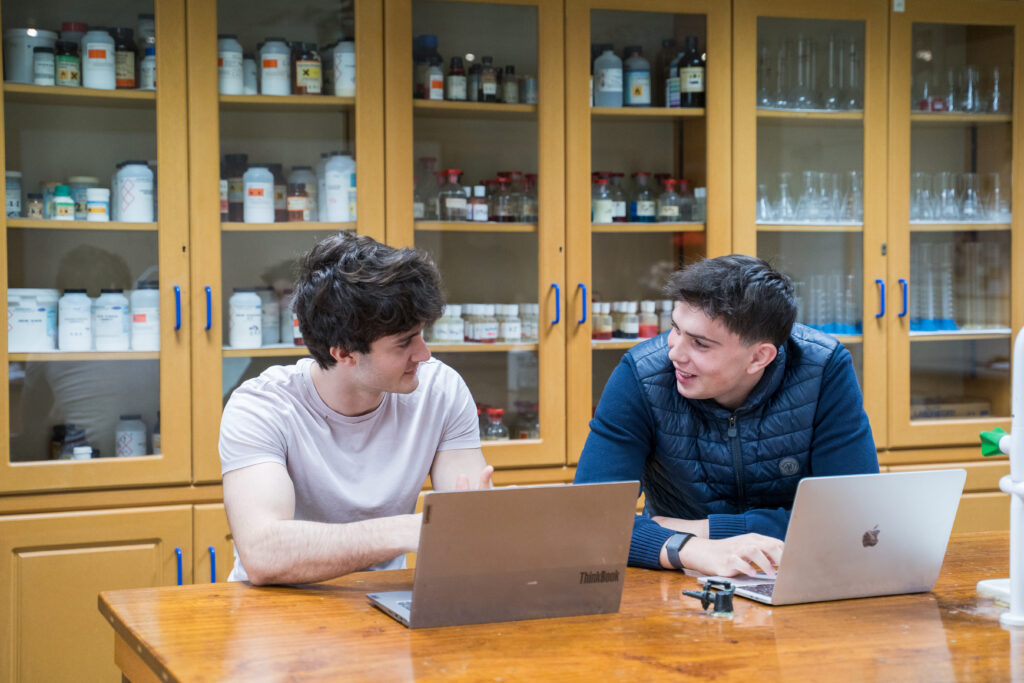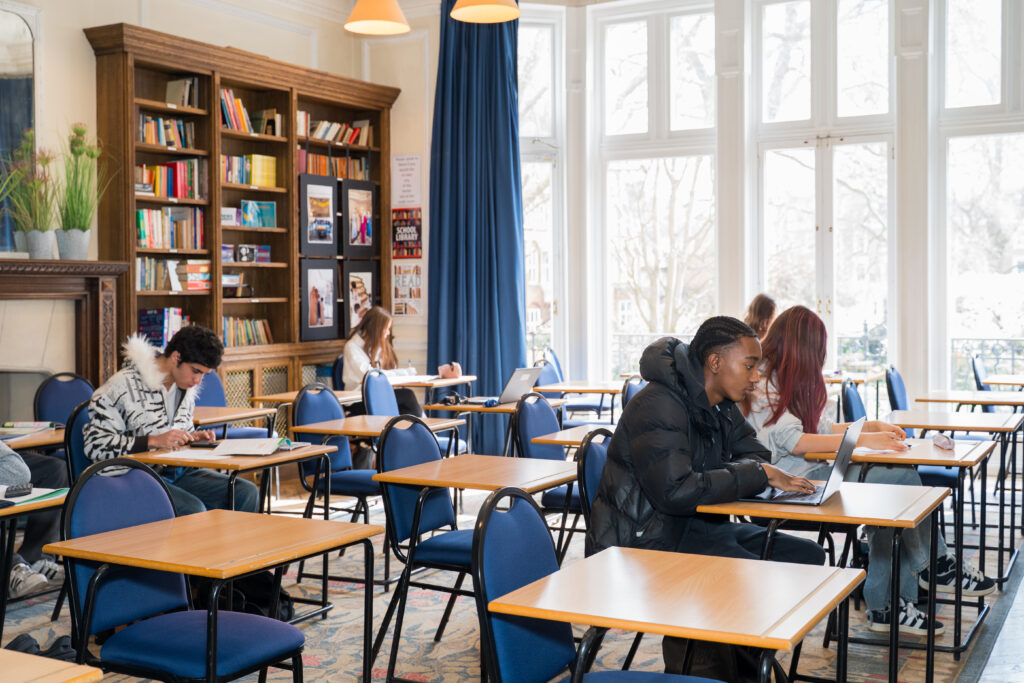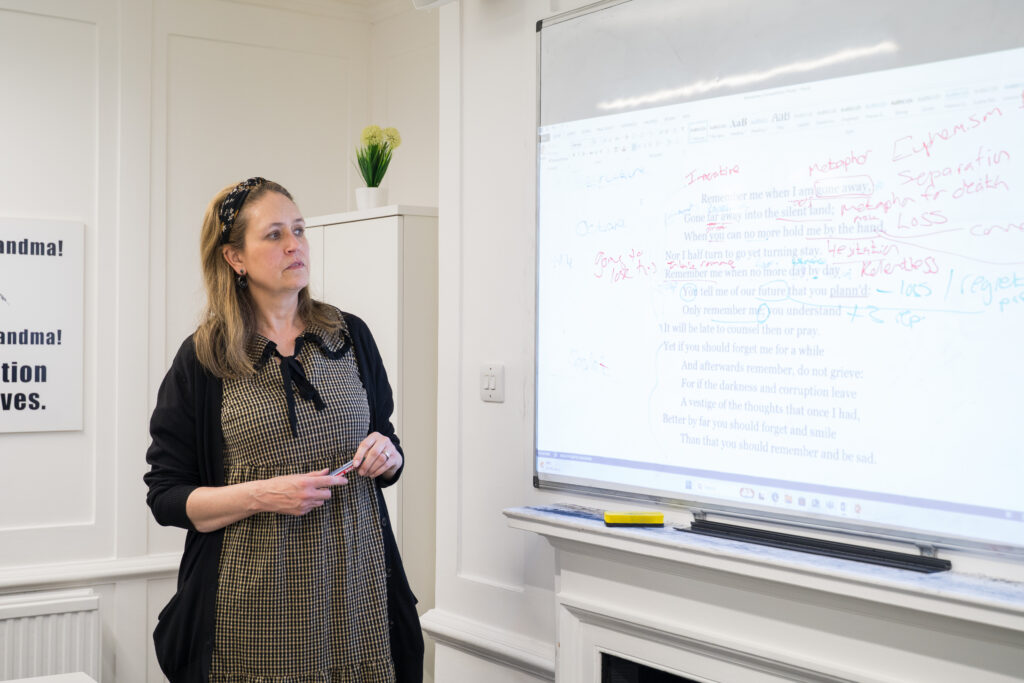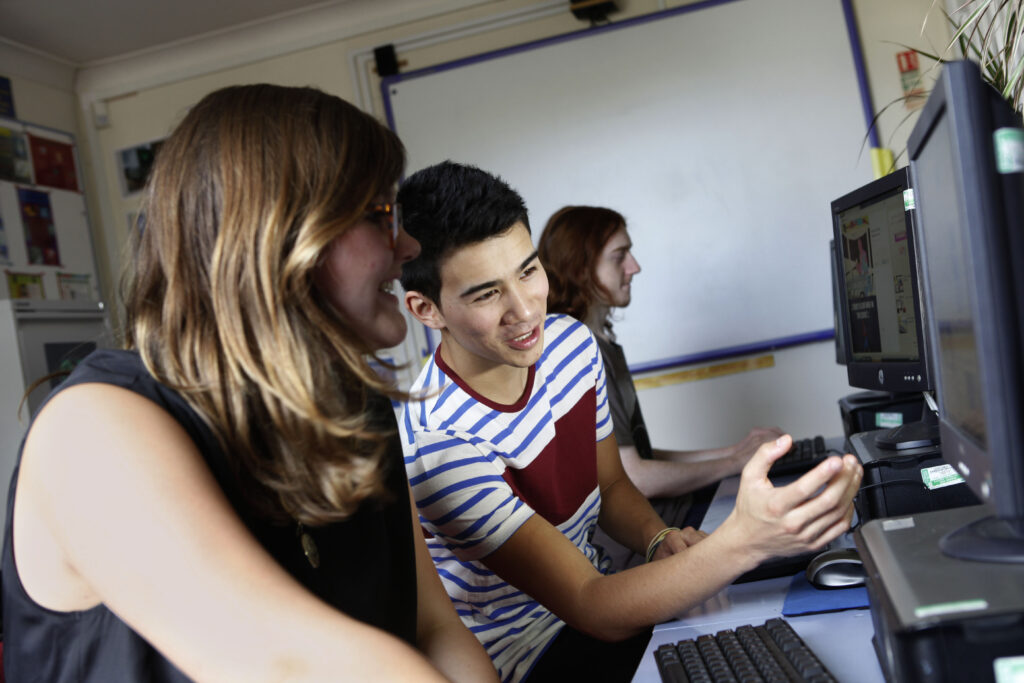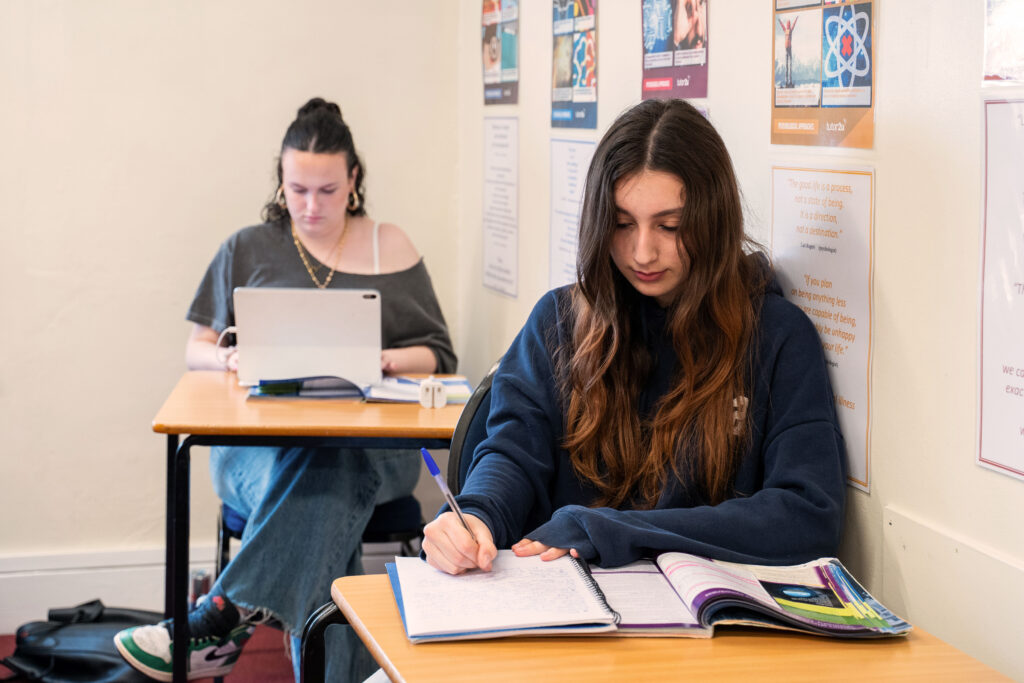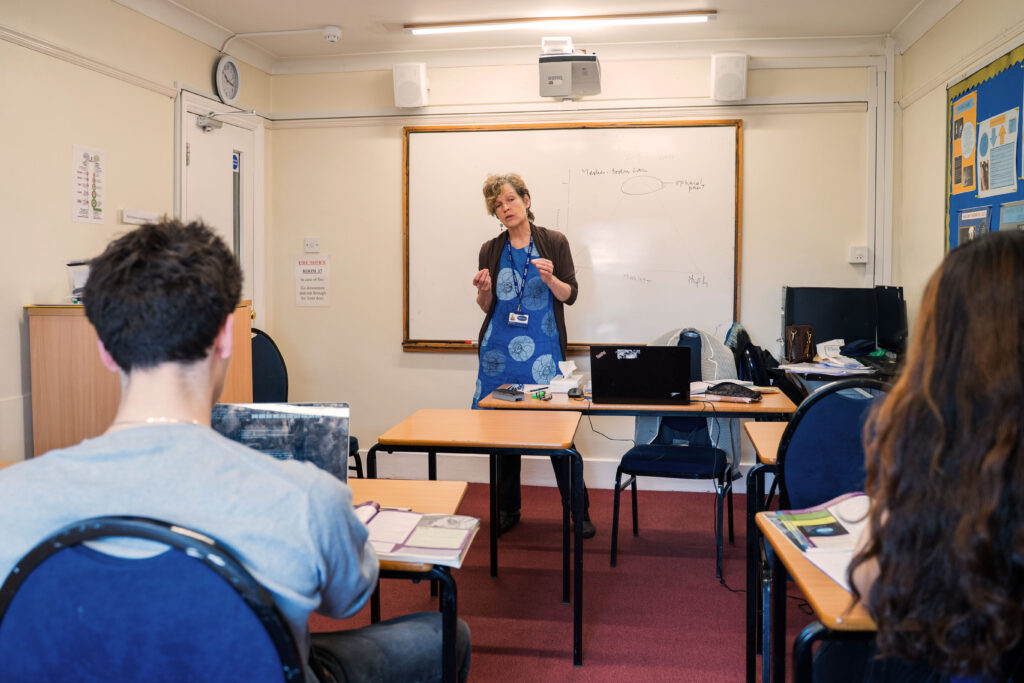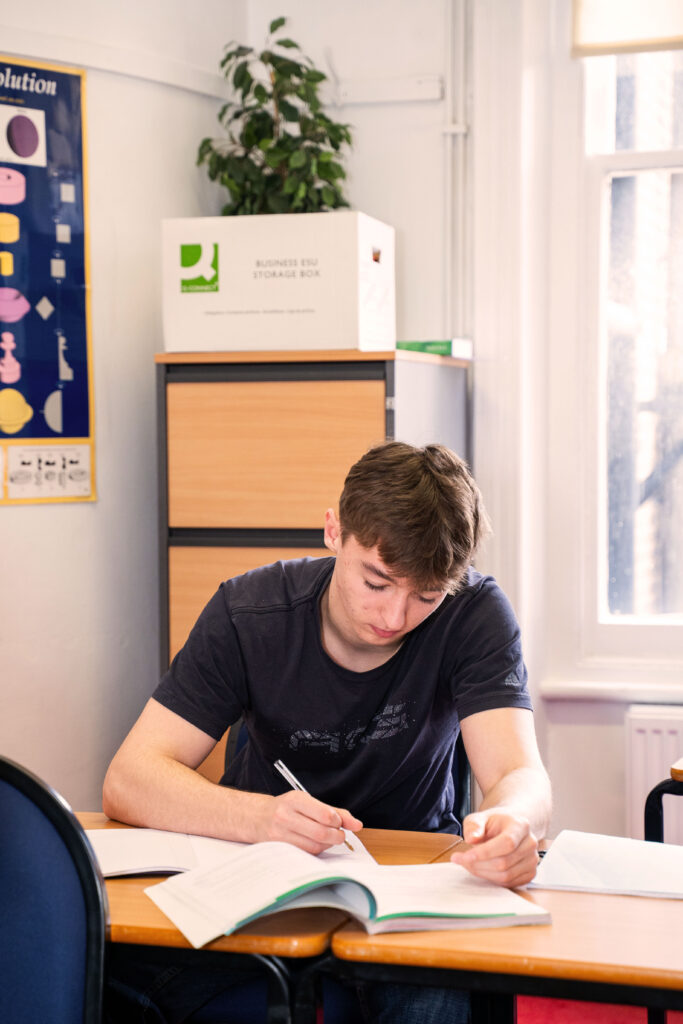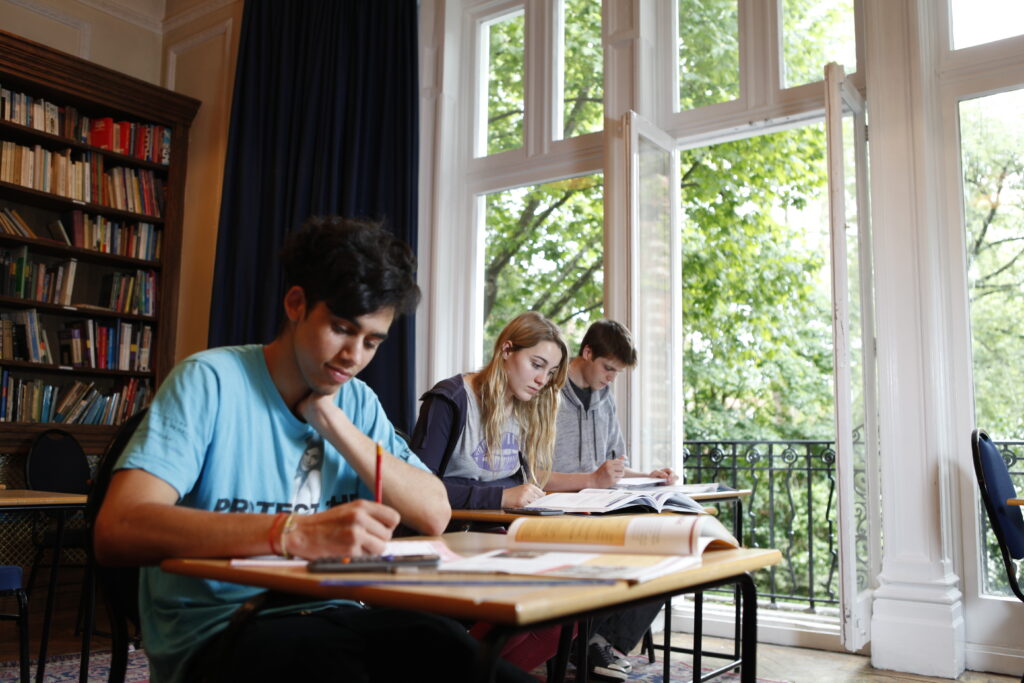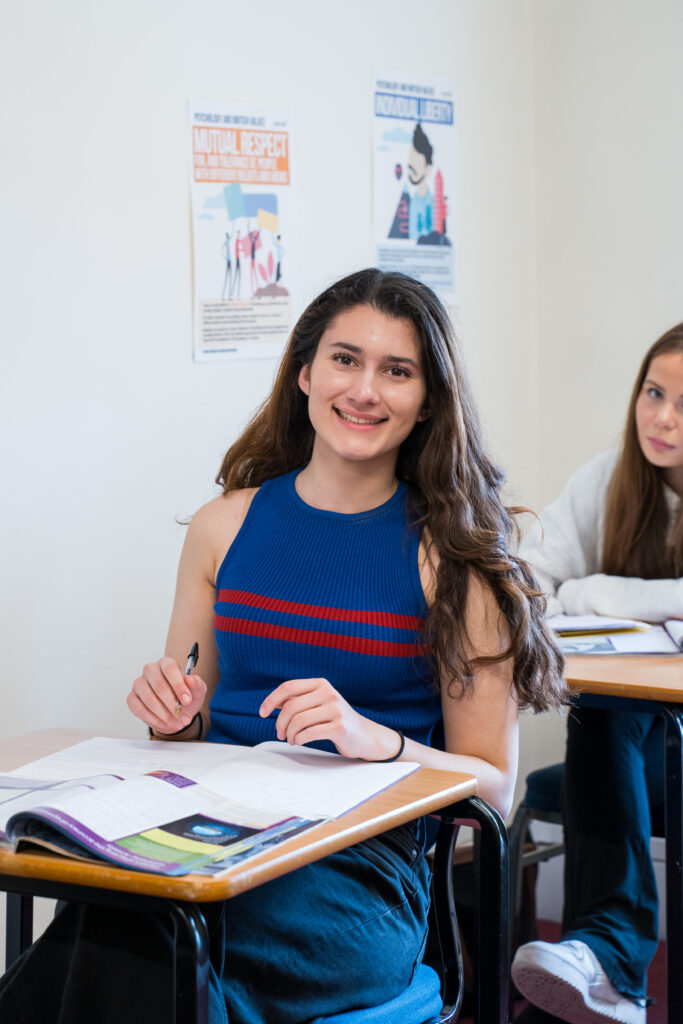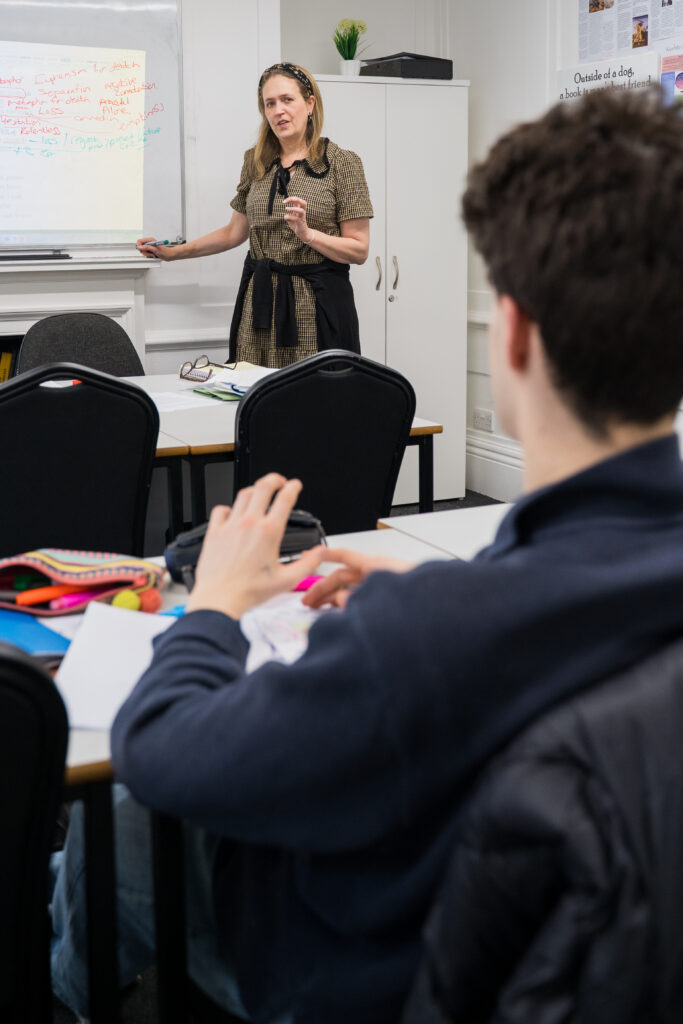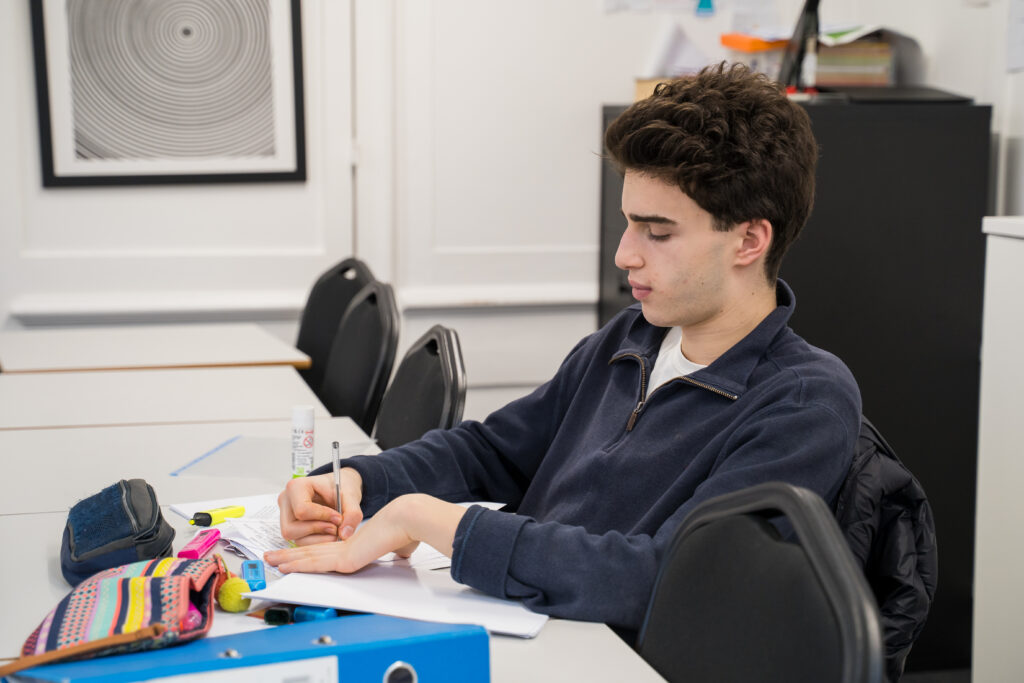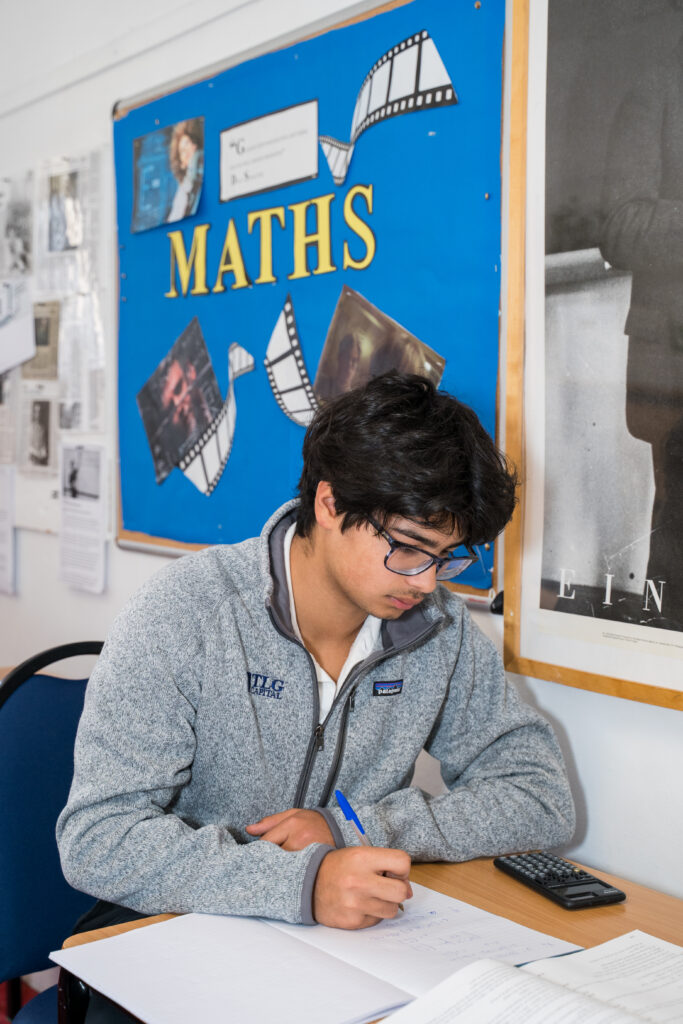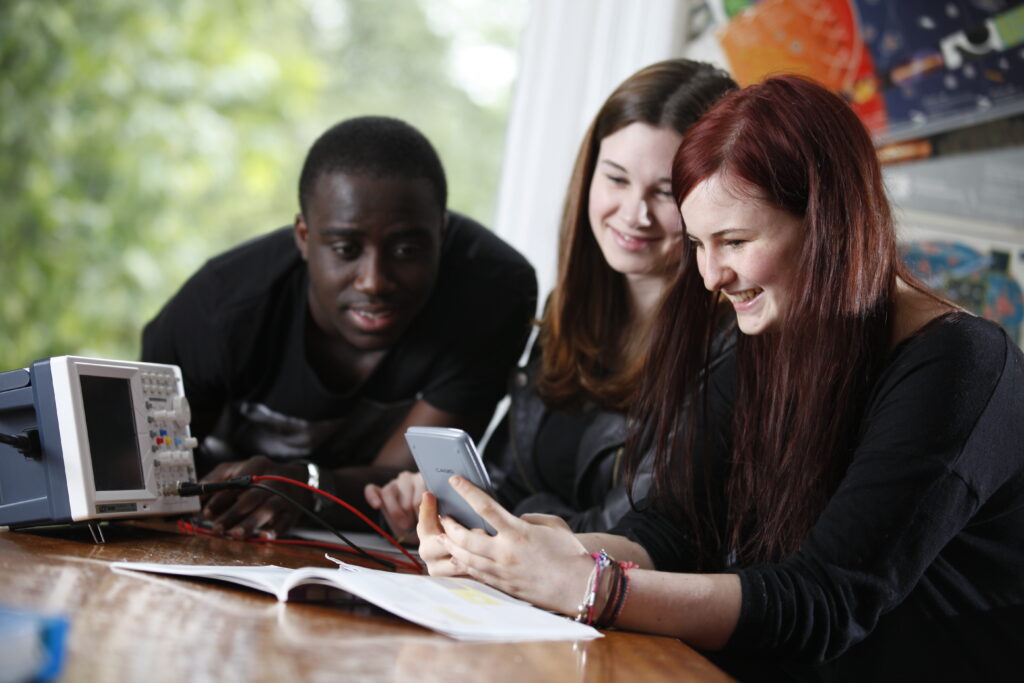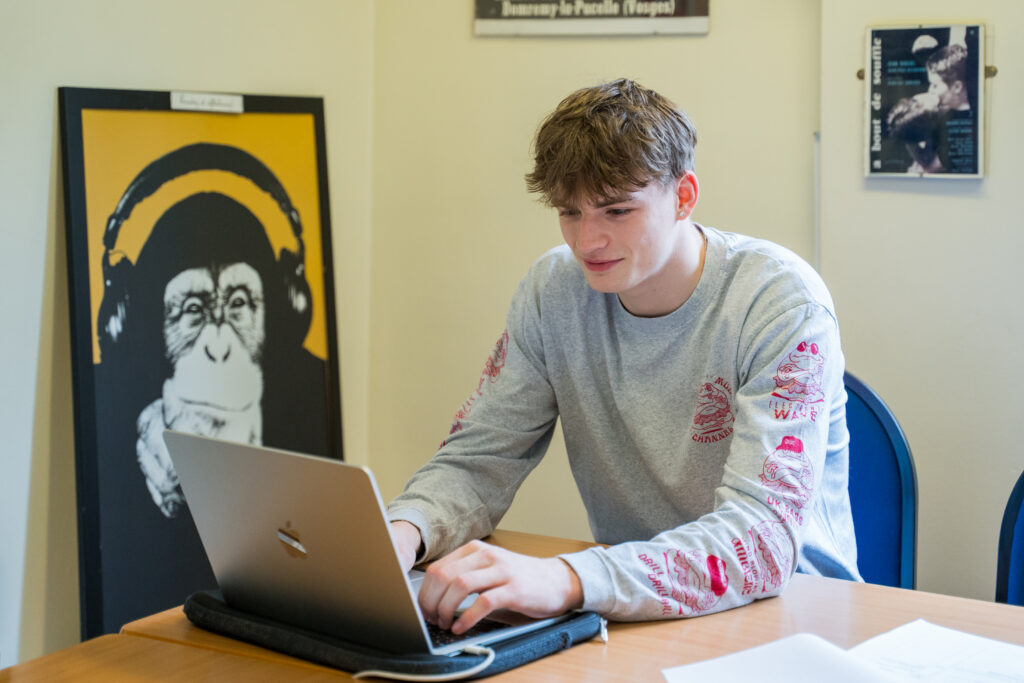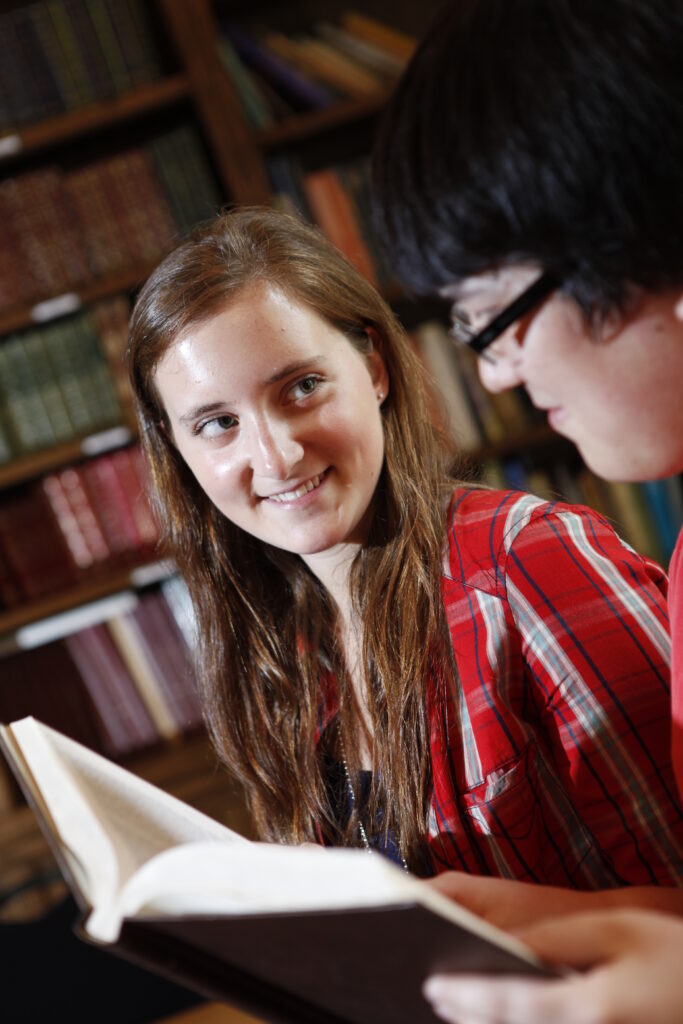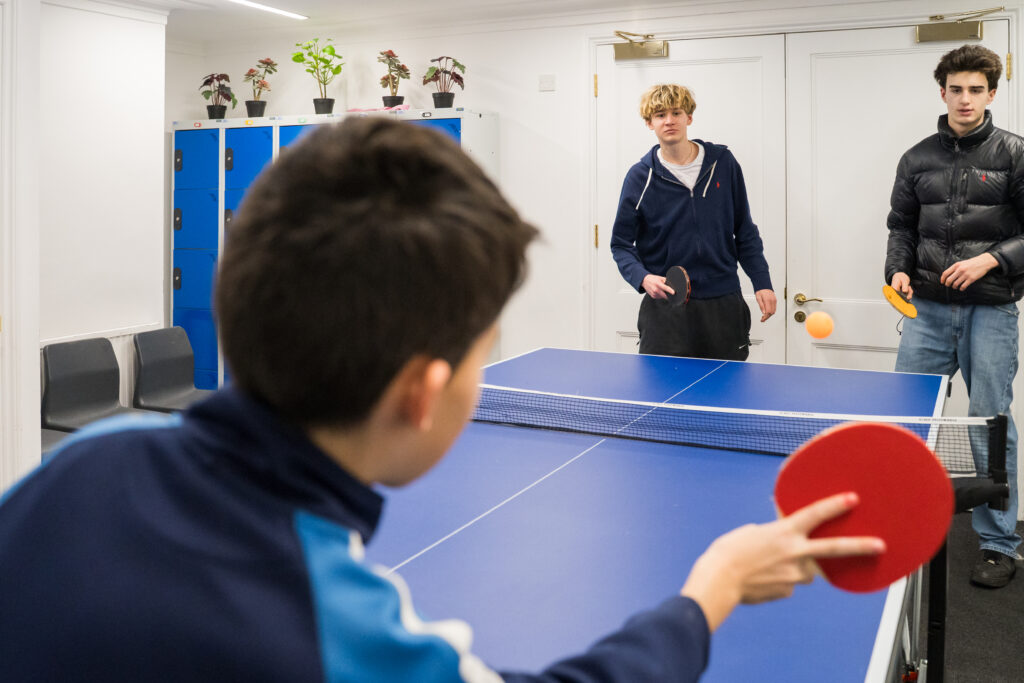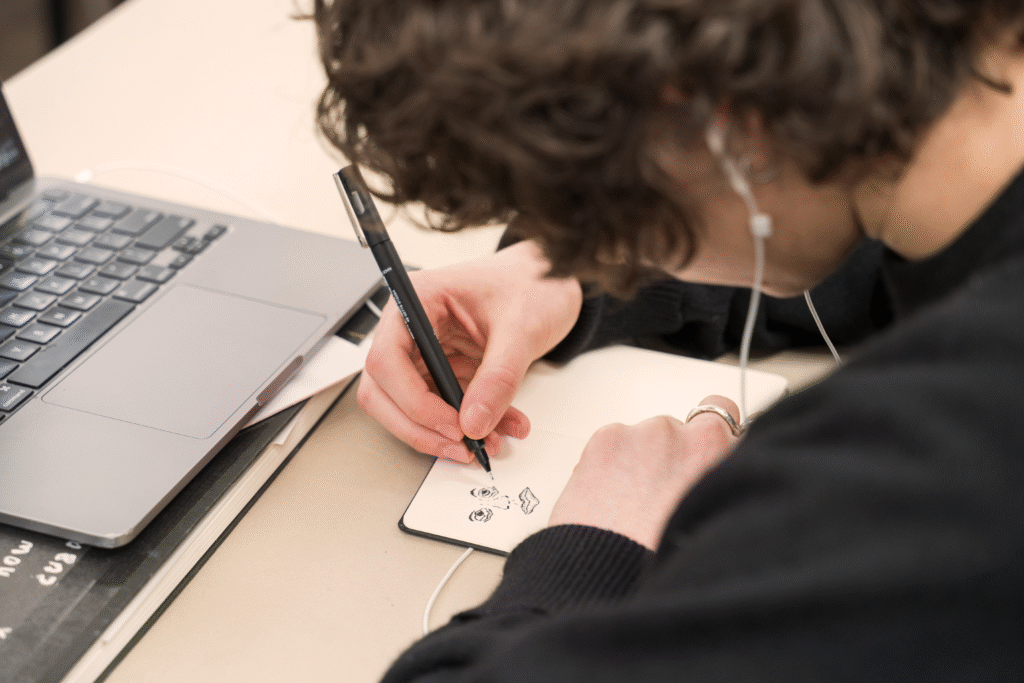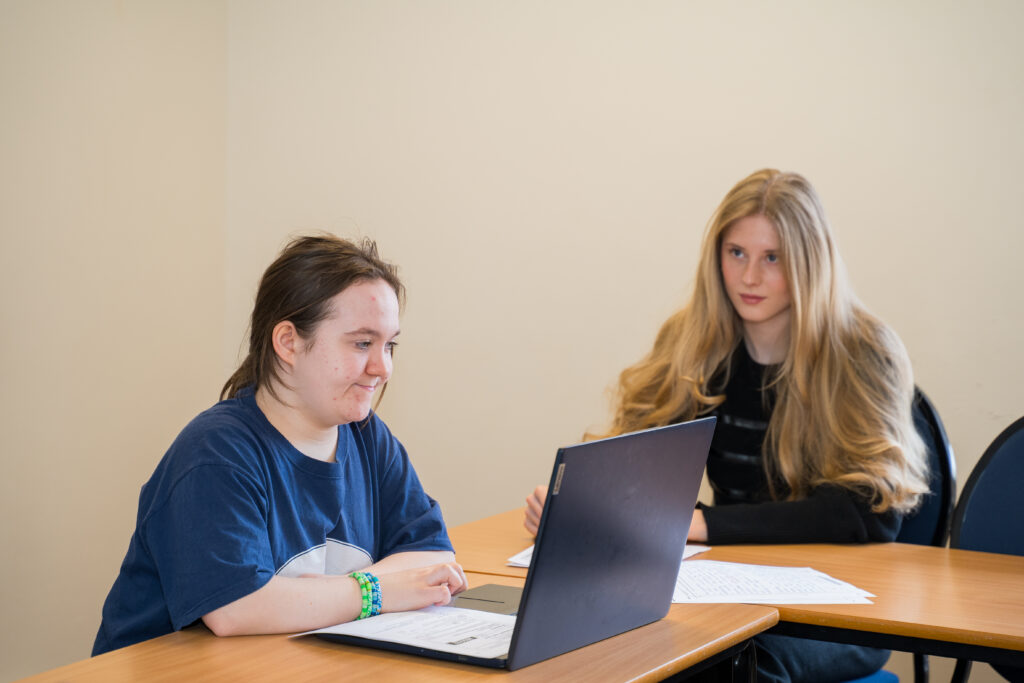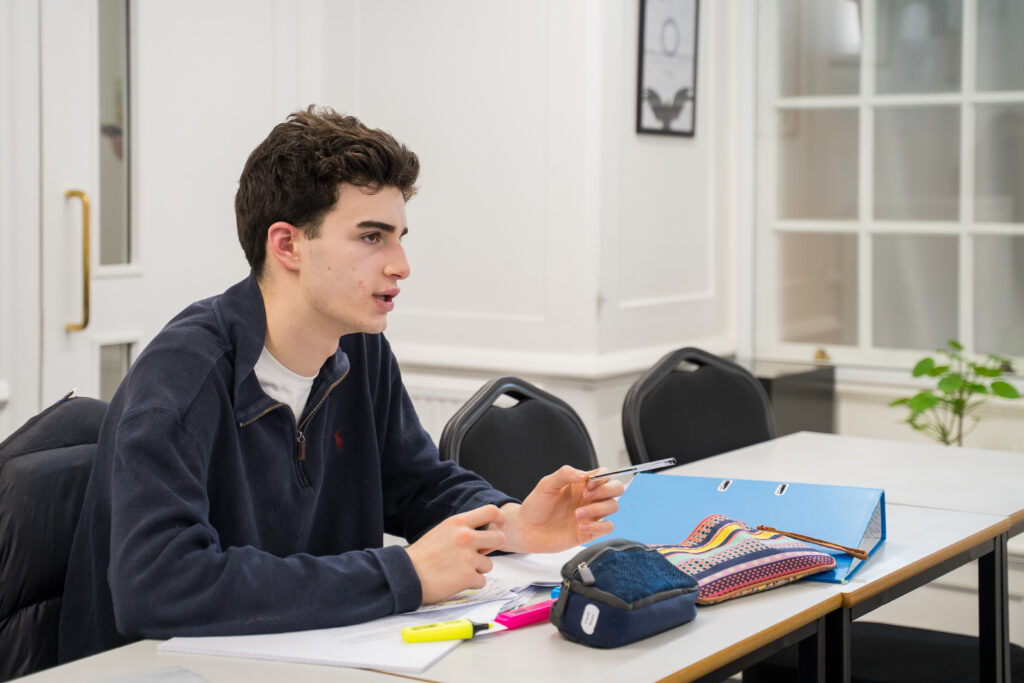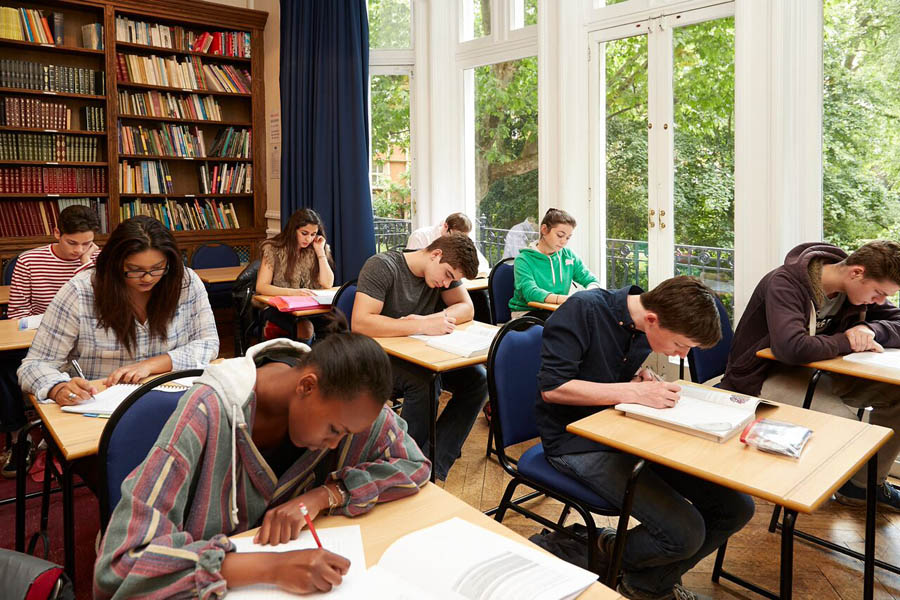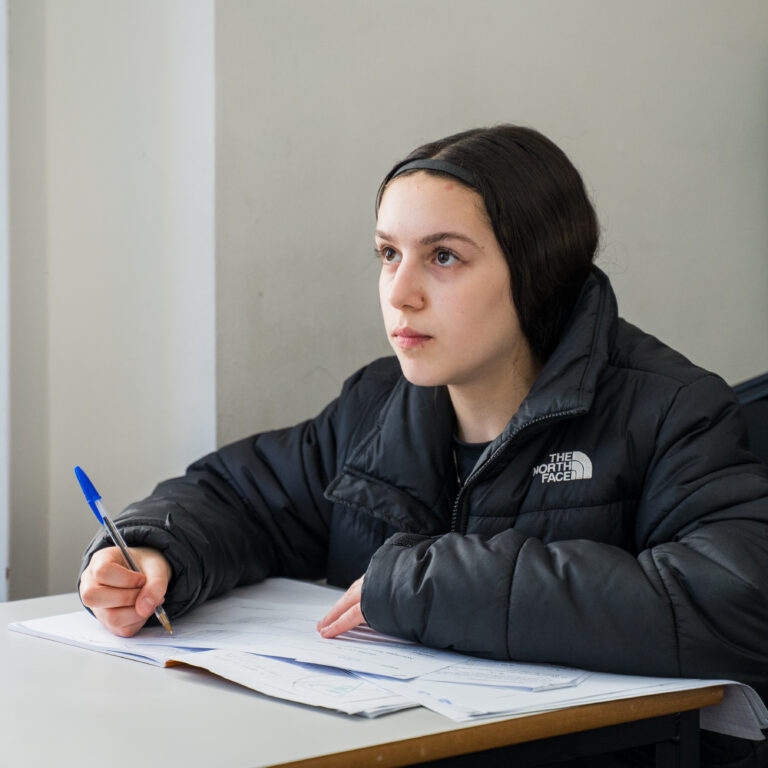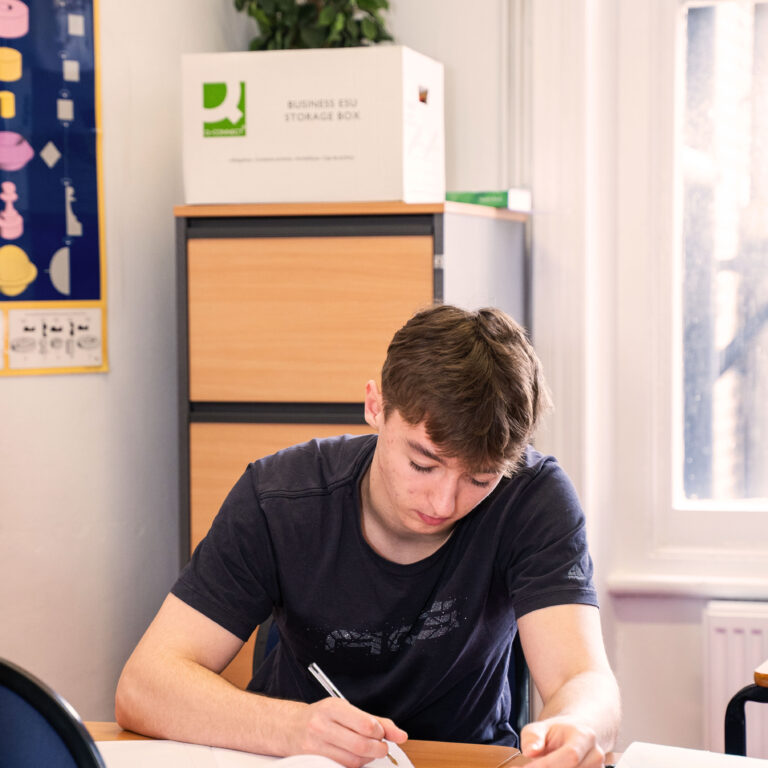Globalization, superpowers, migration, climate change, and natural disasters—these are just some of the topics covered in what many people see as one of the most useful and diverse A levels: Geography.
Geography at A level is about understanding the two-way relationship between people and the environment. How does the environment pose challenges and opportunities for people, and how do people shape and manage the environment? We explore the disconnect between the two, how we are damaging the Earth’s life support systems, the impact of these actions, and how we can address the most fundamental threats to life on Earth.
The course is suitable for anyone with an interest in people or the environment and complements many other subjects across the arts and sciences, such as Economics, Business Studies, Biology, or History. A level Geography is well respected by university admissions tutors in a range of disciplines.
The Course
Edexcel Geography
The specification balances traditional geography with contemporary and engaging subject content. Key themes include the management of change and sustainability. It encourages students to reflect on why they think the way they do about an issue, as well as how others think—skills that are vital for citizens in the 21st century.
The specification allows students to extend and exercise their geographical skills while making choices. Fieldwork is central to this, but there are also opportunities to develop further skills in analysis, synthesis, and evaluation. The qualification consists of four components:
A Level Paper 1
Students will study:
- Tectonic processes and hazards
- Landscape systems, processes, and change (with Coastal Landscapes and Change as the chosen option)
- The water cycle and water insecurity
- The carbon cycle and energy insecurity
This is assessed in a 2-hour 15-minute exam worth 30% of the overall grade.
A Level Paper 2
Students will study:
- Globalization
- Shaping places (Regeneration as the chosen option)
- Superpowers
- Global development and connections, focusing on Migration, Identity, and Sovereignty
This is assessed in a 2-hour 15-minute exam worth 30% of the overall grade.
A Level Paper 3
Students will study three synoptic themes within the compulsory content areas:
- Players
- Attitudes and actions
- Futures and uncertainties
The synoptic investigation will be based on a geographical issue within a place-based context that links to the three synoptic themes and is rooted in two or more of the compulsory content areas.
This unit is assessed in a 2-hour 15-minute exam worth 20% of the qualification.
Coursework (Independent Investigation)
Students define a question or issue for investigation, relating to the compulsory or optional content. The topic may relate to any aspect of geography within the specification.
The investigation will incorporate:
- Fieldwork data (collected individually or as part of a group)
- Independent research and/or secondary data
The fieldwork, which forms the focus of the investigation, may be human, physical, or a combination of both. The investigation report must show independent analysis and evaluation of data, presentation of findings, and extended writing. Students must use both quantitative and qualitative data appropriate to their chosen environment and/or location.
The coursework accounts for 20% of the qualification.
Additionally, the college offers retake courses in the CIE, AQA, and OCR specifications.
